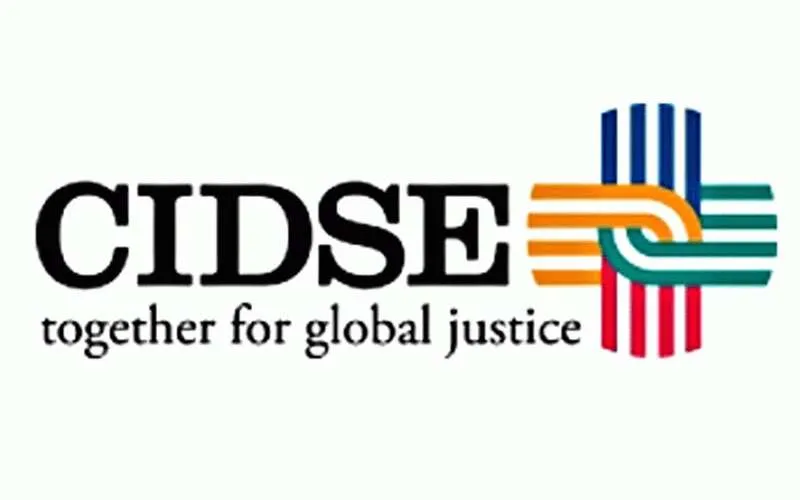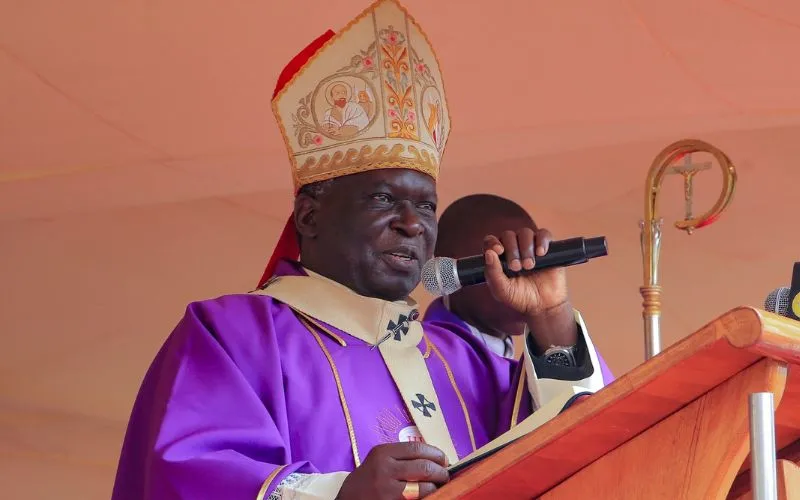Nairobi, 14 March, 2021 / 12:00 pm (ACI Africa).
Ahead of the March 10-11 meeting of the World Trade Organization’s (WTO) Council for Trade-Related Aspects of Intellectual Property Rights (TRIPS Council), the leadership of an international alliance of Catholic development agencies in Europe and North America is advocating for “equal global access” to COVID-19 vaccines.
In their Tuesday, March 9 statement shared with ACI Africa, officials of the International Cooperation for Development Solidarity (CIDSE), say the slow arrival of the vaccines to countries in the Global South will worsen the living conditions of vulnerable and “poorest populations.”
The Global South is made up of Africa, the Caribbean, Pacific Islands, Latin America and the developing countries in Asia, including the Middle East.
“CIDSE joins other development and medical NGOs and the voices of the Vatican in an urgent call for equal global access to vaccines,” officials of the 45-year-old Belgium-based alliance of Catholic agencies say.
“Currently-expected delay and scarcity of vaccines available for the Global South countries and their poorest populations is no less than an international scandal,” they further say, adding that the delay and scarcity “will likely worsen poverty and inequality, perpetuate global vulnerability and ultimately delay the surpassing of the pandemic.”








